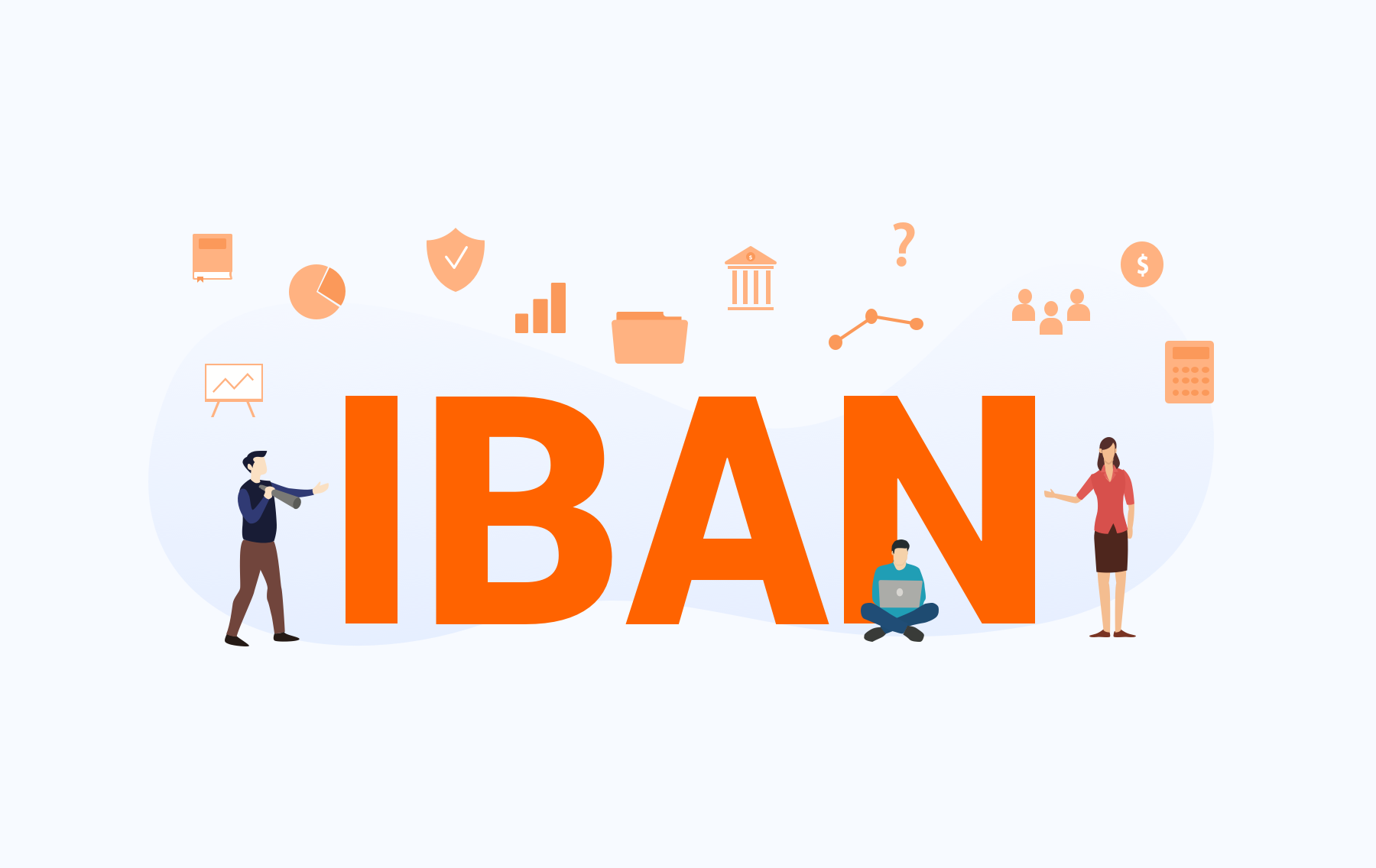If you have a euro payment account with a payment service provider, for example with a bank or credit union in the European Union, you will be provided with an International Bank Account Number or IBAN.
Your IBAN is a unique combination of numbers and letters that identifies your account in the Single European Payments Area or SEPA. Within SEPA you can pay as easily and safely as in your own country. This means there is no distinction between domestic and cross-border non-cash payments. To get where we are now, the technical, legal and commercial barriers between the payment markets of participating countries have been removed since the establishment of SEPA in 2008.
SEPA includes all 28 members of the EU as well as:
Iceland
Liechtenstein
Monaco
Norway
Switzerland
Andorra
San Marino
Vatican City.
What does my IBAN look like?
Your IBAN will start with two letters to denote the SEPA country where the account is based, e.g. BG for Bulgaria or PL for Poland.
This country code is followed by two “check digits”, and finally a country-specific basic bank account number.
For example, a Bulgarian IBAN looks like: BG30AIBK93115212345663
A Polish IBAN looks like: PL57370400440532013000
In Bulgaria, the standard length of an IBAN is 22 characters made up of a combination of letters and numbers but it can be up to 34 characters long in other SEPA countries.
Where do I find my Jeton Business IBAN?
You can find your EUR account’s IBAN on the Jeton app under ‘Account details’. This IBAN will work for any SEPA transfers. If you need to receive money from outside the SEPA area, you’ll find your international bank transfer details here too. The payment delivery time usually takes around 1–3 business days. We don’t charge a fee for this but be aware that the sending bank may charge you a fee for transfers.
IBAN Discrimination
Does any European company not accept your foreign European bank account number? If this is the case, you could be the victim of account discrimination, also known as IBAN discrimination. You can report this to our registration centre for IBAN discrimination.
What is IBAN Discrimination?
IBAN discrimination is where an employer or company, such as a utility company, refuses to accept your SEPA IBAN for euro payments or direct debits. It occurs when payment is refused because the bank account is held in another European country. This may be contrary to laws and regulations, as it is mandatory to accept account numbers from all EEA countries. The registration centre for IBAN discrimination was set up in 2014, and our helpline has been available since then to tackle IBAN discrimination and resolve complaints.
How to Identify IBAN Discrimination?
If you have a property in France for example, and you want to pay a bill for that property but the company refuses to accept this payment because your IBAN starts with GB, this could be IBAN discrimination. If your bank account is in a different country and your bank supports SEPA payments, the utility company is required by law to accept your GB IBAN.
Another example can be if your employer, based in the Netherlands, refuses to send your salary to an IBAN which doesn’t start with NL.
What you Should Do if You Suspect An IBAN discrimination?
If your IBAN is refused because of length, country code or any other reason, try and explain to the merchant, company or employer that the rejection is illegal. It could be that they’re misinformed or their IT systems haven’t been properly updated to accept certain IBANs. If they’re still refusing to comply and your IBAN is still not accepted try to do the following things below:
- Inform the company or institution which has refused to complete your transfer that they are in breach of Article 9 of the SEPA Regulation.
- If they do not respond, send a formal written complaint.
- If there is further non-compliance, get in touch with the relevant regulatory body or competent authority in your country.
If you find yourself being the victim of such practices, take the above mentioned steps as you seek a resolution to your problem.
It’s important to know your rights and what methods of action you have available to you so that you don’t face this type of discrimination now or in the future.



